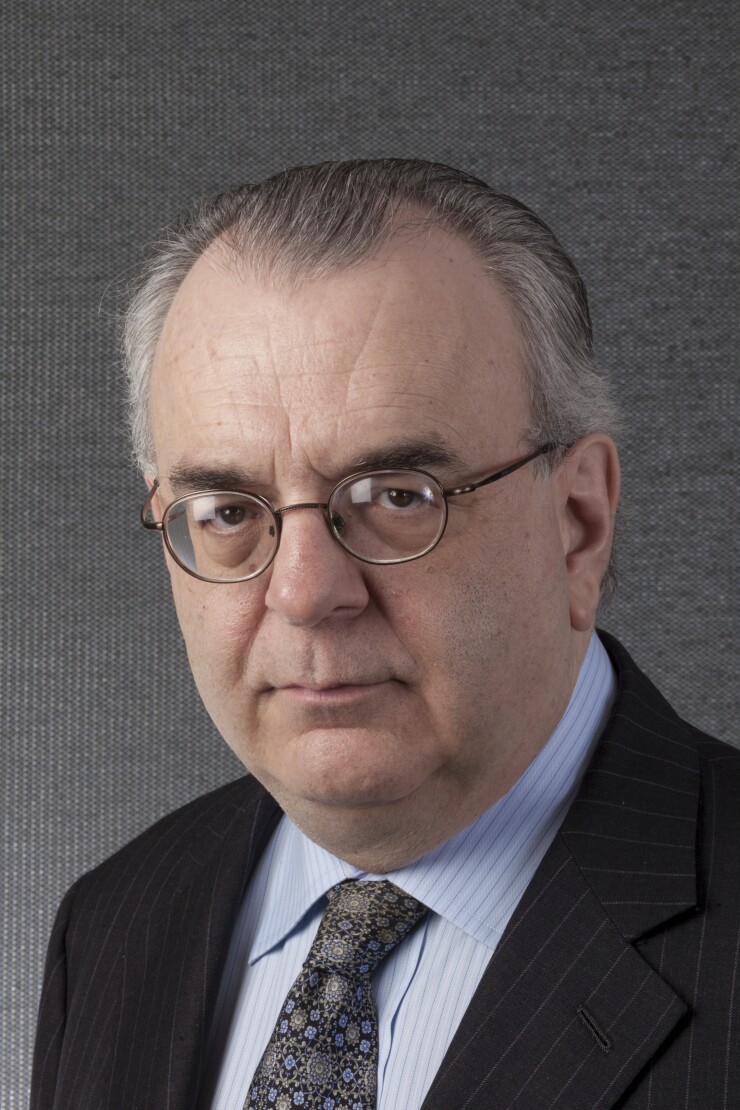Puerto Rico’s non-bondholding creditors — companies that have supplied the Commonwealth with goods and services such as oil deliveries — have asked the court overseeing the Commonwealth’s bankruptcy proceedings to let them conduct an investigation into the territory’s debt history.
Clearly, a thorough and objective inquiry is necessary, but the organization most likely and best suited to produce such an inquiry is the Securities and Exchange Commission.

The debt discussion in Puerto Rico is now likely to enter a tougher phase. The Commonwealth’s non-bondholding creditors are looking to find evidence of poor diligence or worse to strengthen their financial claims, perhaps in future litigation, perhaps as part of a bankruptcy settlement.
These creditors know that their claims of superior lien positions over bondholders are now at best contestable and at worst worthless. These non-bondholding creditors have apparently read the recent budgets approved by the Federal Oversight Management Board for Puerto Rico, which assume no debt service payments now or in the future and that acknowledge the Commonwealth is at high risk of chronic deficits.
The non-bondholding creditor rationale seems straightforward. The Commonwealth is now $72 billion in debt. This includes the non-bondholding indebtedness, which is owed to banks and investment houses that have extended various lines of credit based in part on ability-to-pay representations made by the Commonwealth and its financial advisors. All of the assurances by the Commonwealth financial advisors, accountants, consulting engineers, lawyers, credit agencies, insurance and bond underwriters undoubtedly instilled confidence in the market, including among suppliers and those providing liquidity loans to the Commonwealth.
Careful scrutiny of the underlying documents made during the diligence process for bond issuance, audit and budget preparations should reveal to the non-bondholding creditors a granular description of the basis for the claim that the Commonwealth was solvent at that time.
The problem for members of this class of creditors is that they are being told that the FOMB has already commenced an investigation of the bond offerings and so another investigation would be redundant. The FOMB has hired the law firm of Kobre & Kim to build support for loss-recovery claims (
This suspicion is fed by the fact that three members of the FOMB are part of a public finance community that has a competing $60 billion-plus claim — the implication being that the FOMB will favor decisions that pay bondholders first.
There will be more pleas for a better understanding of the history of bond offerings in Puerto Rico as creditors come to terms with the fact that the Commonwealth is not able to pay back its legacy debt. It is not a question of the money being willfully withheld.
So creditors should take note of another way to get some repayment. Recently, Pennsylvania Gov. Tom Wolf initiated a lawsuit against the investment bank RBC Capital, a group of attorneys and advisors, the consulting engineer and its underwriting team over various misrepresentations made to the City of Harrisburg regarding bonding for a waste incinerator. Though the problem in Harrisburg is decades old, the governor has now decided, apparently, that the state and the city have a claim against the underwriting team. In Puerto Rico, creditors
While the scope of the FOMB investigation is limited, non-bondholding creditors and other interests could well create a quagmire for the bankruptcy court, the FOMB, and Gov. Ricardo Rosselló should they all pursue independent investigations of potential claims.
Perhaps all stakeholders involved could agree that the SEC should undertake a comprehensive review, as it did in the wake of the
Absent such a centralized and coordinated review, a series of fragmented studies and analyses may settle very few questions.





